Official government website of the Government of the Kingdom of Saudi Arabia
Links to official Saudi websites end withgov.sa
All links to official websites of government agencies in the Kingdom ofSaudi Arabia end with .gov.sa
Government websites use theHTTPSprotocol for encryption and security.
Secure websites in the Kingdom of Saudi Arabia use the HTTPS protocolfor encryption.
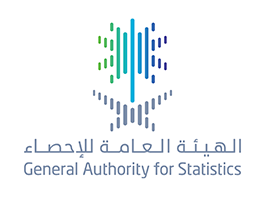
GASTAT announces Completion of “Address Canvassing” Phase in Saudi Census 2022
20-03-2022
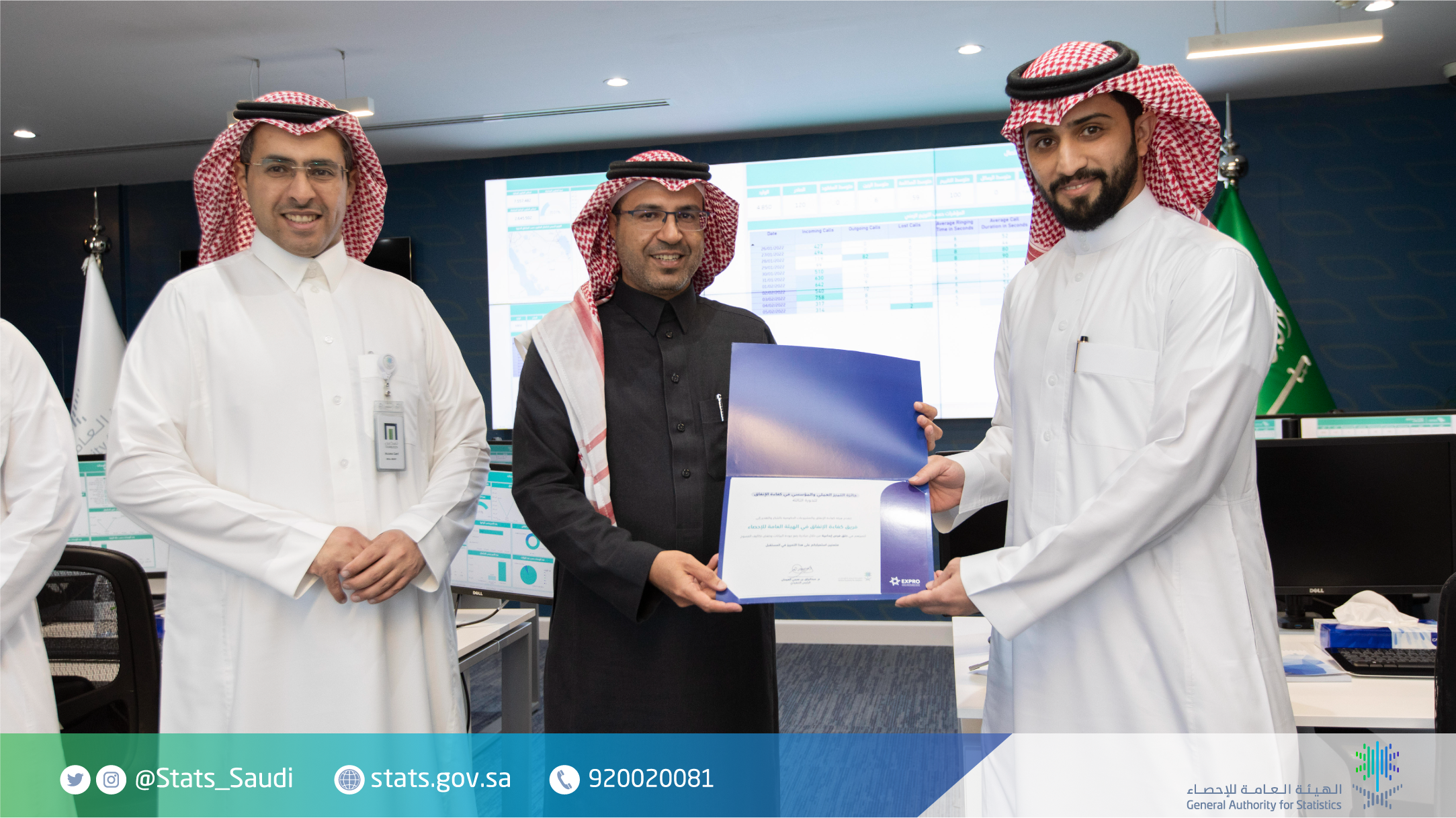
GASTAT Wins Practical and Institutional Excellence Award in Spending Efficiency
09-03-2022
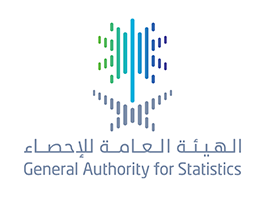
The General Authority for Statistics, in Cooperation with SDAIA, Provides Researcher ID Verification Service on Tawakkalna
01-03-2022

Minister of Economy and Planning inspects the "Control Room" and the "Statistical Communication Center" for the "Saudi Census 2022"
07-02-2022
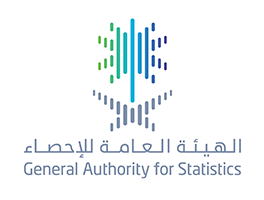
Saudi Arabia’s fifth housing and population census is approved to commence on May 9, 2022 (Shawwal 8, 1443)
26-01-2022
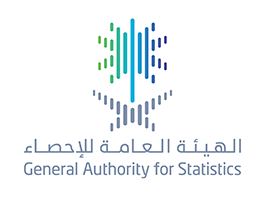
GASTAT Launches the Establishments’ Business Statistics Survey
18-01-2022
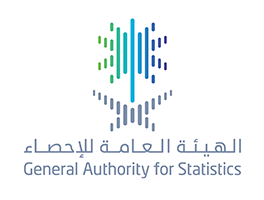
تعداد السعودية 2022م ركيزة أساسية لرؤية المملكة 2030
10-01-2022
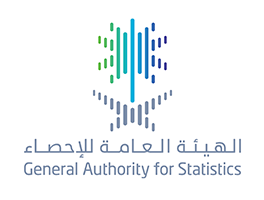
Unified electronic platform (statistical database) witnesses interest from researchers
06-01-2022
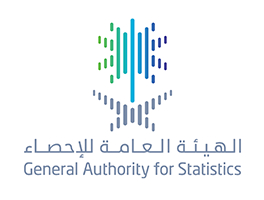
تعلن الهيئة العامة للإحصاء عن رغبتها في استئجار مبنى لموظفي الهيئة بمدينة الرياض
26-12-2021

GASTAT announces Completion of “Address Canvassing” Phase in Saudi Census 2022
20-03-2022

GASTAT Wins Practical and Institutional Excellence Award in Spending Efficiency
09-03-2022

The General Authority for Statistics, in Cooperation with SDAIA, Provides Researcher ID Verification Service on Tawakkalna
01-03-2022

Minister of Economy and Planning inspects the "Control Room" and the "Statistical Communication Center" for the "Saudi Census 2022"
07-02-2022

Saudi Arabia’s fifth housing and population census is approved to commence on May 9, 2022 (Shawwal 8, 1443)
26-01-2022

GASTAT Launches the Establishments’ Business Statistics Survey
18-01-2022

تعداد السعودية 2022م ركيزة أساسية لرؤية المملكة 2030
10-01-2022

Unified electronic platform (statistical database) witnesses interest from researchers
06-01-2022

تعلن الهيئة العامة للإحصاء عن رغبتها في استئجار مبنى لموظفي الهيئة بمدينة الرياض
26-12-2021